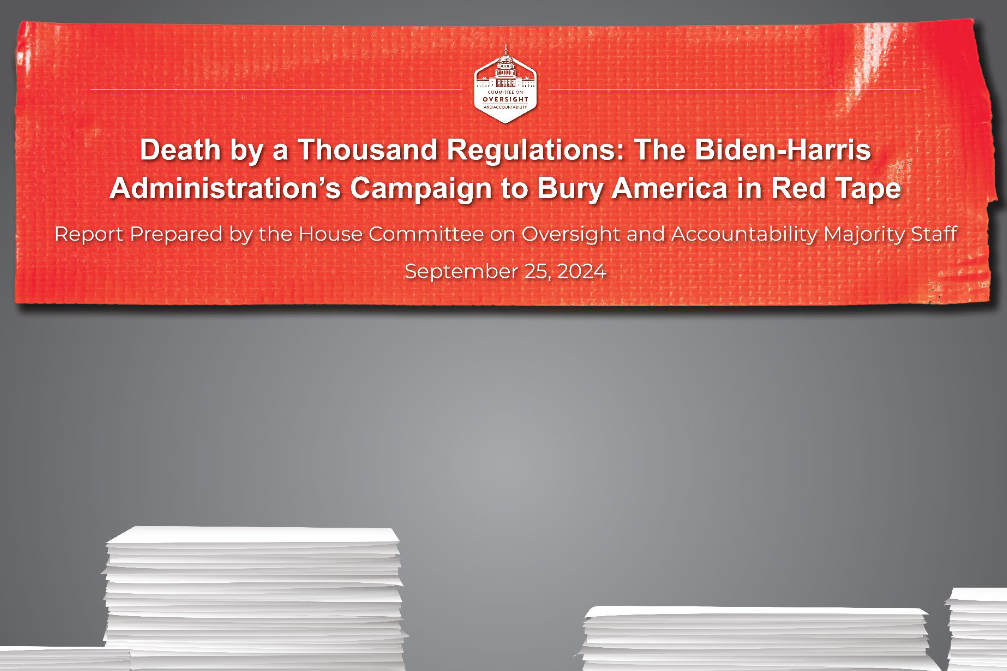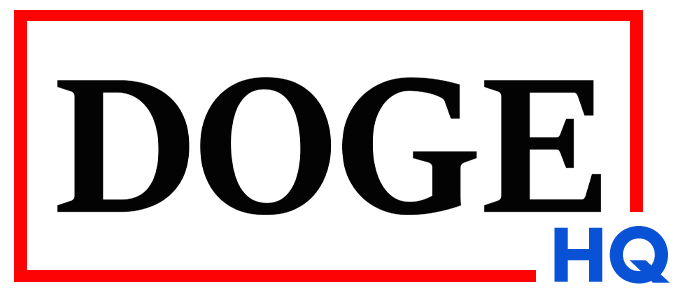The High Cost of Regulations: Breaking Down the $1.7 Trillion Burden on the U.S. Economy
The financial toll of regulatory overreach is staggering. According to the latest report from the House Oversight Committee, the current administration has imposed an astounding $1.7 trillion in regulatory costs on the economy. To put this into perspective, these regulations translate to an estimated $47,000 cost per household over the lifespan of these policies. Even more concerning, compliance with these regulations will consume over 300 million hours of paperwork.
A Closer Look: The House Oversight Committee
The House Oversight Committee is tasked with ensuring accountability in government operations, particularly when it comes to policies that affect everyday Americans. As part of their mission, the Committee regularly investigates the financial and operational impacts of regulations imposed by the federal government. Their findings are aimed at increasing transparency and promoting efficiency in government practices.
The recently released 26-page report, titled “Death by a Thousand Regulations,” outlines the cumulative impact of federal regulatory policies. It highlights how these regulations, while often well-intentioned, create significant financial and logistical burdens for businesses and individuals alike.
The House Oversight Committee’s mission statement is to ensure the efficiency, effectiveness, and accountability of the federal government and all its agencies. We provide a check and balance on the role and power of Washington – and a voice to the people it serves.

Key Findings from the Report
- Economic Burden:
The $1.7 trillion in regulatory costs represents a massive drag on the U.S. economy, affecting businesses of all sizes. These costs often lead to higher prices for consumers and reduced innovation. - Household Impact:
Families are directly impacted, with an average projected cost of $47,000 per household. This financial strain is compounded by the broader economic ripple effects of slowed growth and reduced job creation. - Administrative Overload:
Over 300 million hours will be spent on paperwork and compliance-related tasks. This time could be better utilized in driving economic productivity and improving public services.
Why Does This Matter?
Excessive regulations create barriers to innovation, economic growth, and efficiency. For small businesses, the backbone of the U.S. economy, these costs can be crippling. For households, the financial burden undermines economic stability. Addressing regulatory overreach is not just a matter of policy—it’s a necessity for fostering a more dynamic and prosperous economy.
Moving Toward Efficiency
The findings of this report underscore the importance of initiatives like the Department of Government Efficiency (DOGE), which aim to streamline processes, reduce waste, and promote accountability. By addressing the inefficiencies outlined in the Oversight Committee’s report, we can pave the way for smarter governance and a stronger economy.
To read the full report and dive deeper into the data, visit the House Oversight Committee’s official page: Regulatory Overreach: Death by a Thousand Regulations.

